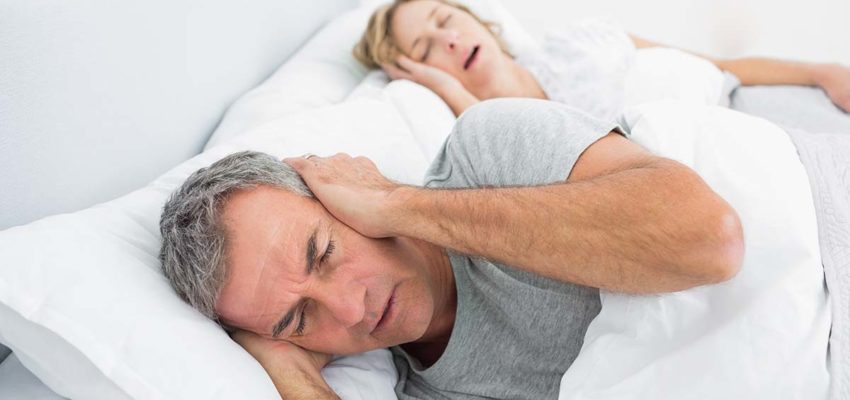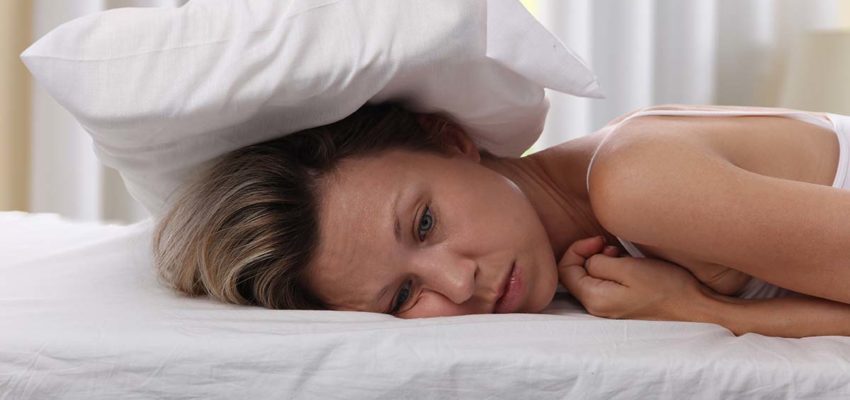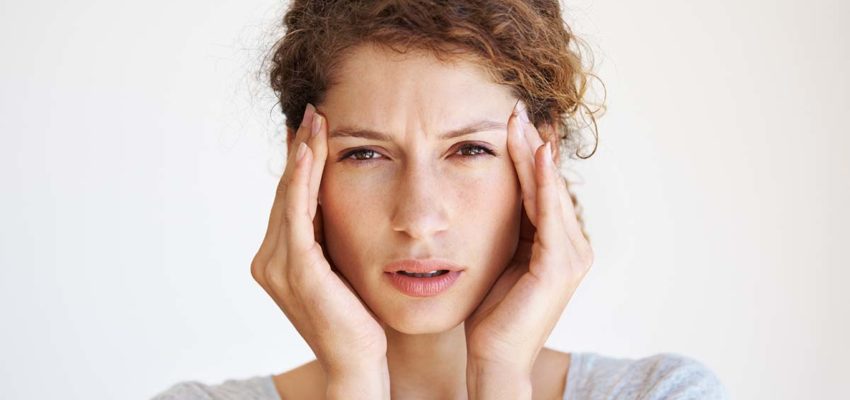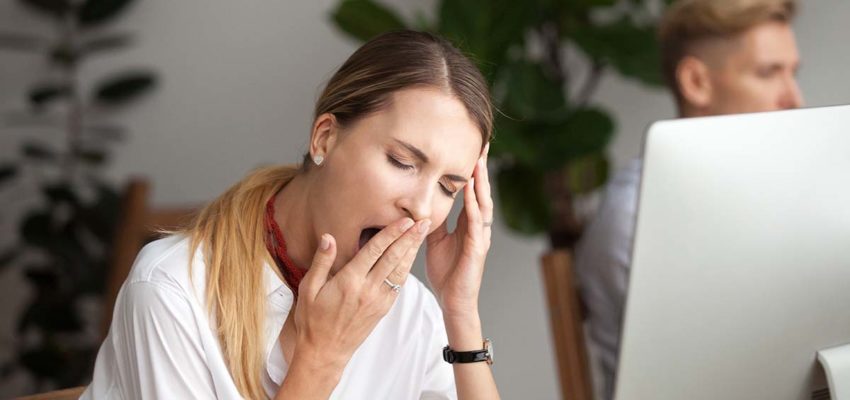Snoring

Snoring occurs when the flow of air to the lungs is obstructed partially or completely. You can have such a blockage with out audible snoring..
Most people complain about snoring as a relationship problem because the sleeping partner is disturbed.
Most people do not realise that snoring and or sleep apnoea ( intermittent cessation of breathing) are major risk factors to health.
When the sleeper runs out of air they begin to struggle. This lifts them out of the deeper sleep stage sometimes dozens of times every hour depending on severity. The person becomes sleep deprived. They do not wake refreshed. Sleep disordered breathing is a clear risk factor in cardiovascular disease and particularly hypertension. It is an area of exploding medical interest.
It seems to be more important that people are able to breathe at night than to keep enlarged tonsils and adenoids.
Treatment for snoring:
1. The CPAP
- is the best solution if it can be worn
- for good information check Wikipedia / CPAP
2. Dental Appliances
- These are not a powerful as the CPAP device but are good for moderate problems and for those who are CPAP intolerant. In principle it works by expanding the size of the airway at the base of the tongue. There are many designs. Currently, I use the somnomed, a twin arch appliance and more commonly an ON3 appliance. This is a single arch (sits on the upper teeth) appliance that is very comfortable. It also works well to minimise nocturnal bruxism (grinding).
3. The Nose
- People can also snore if the nose blocks. If it is due to soft tissue it can be temporarily remedied by a decongestant eg. Otrivin
- If the Otrivin works, I usually refer patients to Advanced Allergy Elimination at North Sydney as their treatment usually remedies soft tissue blockage.
- If the bone is blocking the airway eg deviated septum – ENT surgical procedures maybe indicated.
4. Soft Palate, Tonsils and Adenoids
- Sometimes surgery is useful. Usually after all other methods have been tried.
5. A Mix Of The Above
- Frequently I find that for moderate cases the ON3 (single arch appliance) and allergy treatment reduce the snoring adequately. By adequate I mean 90%. People may still snore on their back or when intoxicated but mostly don’t.



